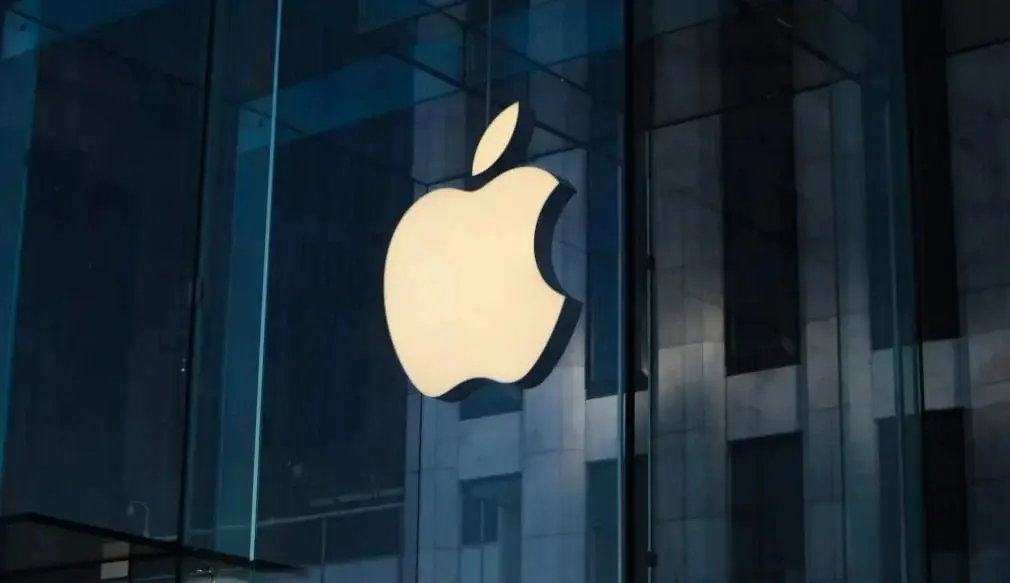Apple’s recent revision to their App Store guidelines appears to open the door for emulator apps designed for retro console games, suggesting a potential shift in their approach. Where previously they prohibited applications that relied on external code sources like Java VM or DLL files for code installation and execution purposes, under certain conditions this new policy now permits these inclusions as "software not embedded in binary" systems – with retro console emulator apps specifically mentioned within these guidelines which facilitate game downloads directly in-app.
Adopt Retro Gaming Emulators Technology
Note, though, that while emulators themselves are generally considered legal, their legality in relation to Read-Only Memories (ROMs) (Read Only Memorys) can be more contentious. Retro game emulation relies heavily on these digital files which serve as virtual game cartridges or discs – their source plays an instrumental role in their resulting legality status.
Some ROMs are freely available in the public domain or come with distribution licenses; others are protected by copyright laws; when their original copyright owner becomes inaccessible, their status becomes unclear; although certain Nintendo game ROMs tend to be closely guarded by owners who actively enforce copyright protection measures.
Responsible Developer and Regulatory Implications of Web Based Application Development Solutions
Apple’s updated guidelines remain somewhat vague compared to Android and desktop emulator apps; specifically in regard to emulator apps. Apple may allow companies who own intellectual property rights for games created under license to develop emulator apps specific to those titles for user access to exclusive ROMs for each title.
Focus of Apple’s update is on assuring developers abide by its legal requirements when offering software through the App Store, though "retro game console emulator apps" that permit downloads are allowed – other download methods remain unspecified.
Apple’s Global Reach and Their Strategic Move
Apple has implemented an expansive policy change spanning multiple regions in response to increasing regulatory scrutiny around its App Store practices across both Europe and North America. Without providing exact details of why this shift took place, they note it aligns with updated policies and upcoming features as justifications.
At first glance, this update suggests a marked improvement to retro gaming accessibility on iOS devices; however, all its details and implications remain to be discovered fully. Stay tuned as this new development shapes retro gaming landscape on Apple devices.


Leave a Reply